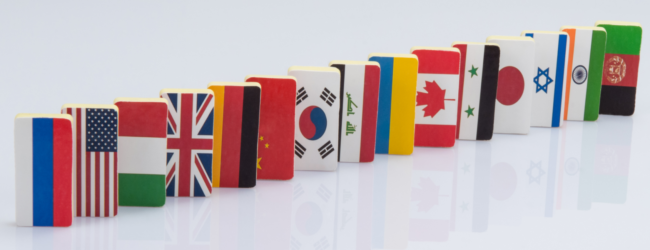Overcoming Language Barriers in International Relationships

Contents
Language barriers can pose significant challenges in international relationships. Despite these obstacles, couples can build strong connections through effective communication. By understanding and addressing these barriers, partners can foster deeper intimacy and trust, leading to a more fulfilling relationship.
Embrace the Challenge
International relationships often thrive on diversity. However, language differences can create misunderstandings. Embracing this challenge is the first step toward overcoming it. Couples should acknowledge that learning each other’s languages can strengthen their bond. This shared effort cultivates patience and understanding.
Learning Together
One of the most effective ways to bridge language gaps is through learning together. Couples can take language classes or use language learning apps. This approach allows partners to practice speaking in a fun, supportive environment. Moreover, it promotes teamwork and encourages open communication.
Utilize Technology
In today’s digital age, technology can significantly enhance communication in international relationships. Couples can use translation apps or online dictionaries. These tools help clarify misunderstandings and improve conversation flow.
Be Patient and Open
Patience is essential in overcoming language barriers. Partners may struggle to express themselves clearly. During these moments, it’s crucial to remain open and understanding. Instead of getting frustrated, couples should encourage each other. A supportive attitude fosters a safe space for sharing feelings and thoughts.
Focus on Non-Verbal Communication
Non-verbal communication plays a vital role in any relationship. In international relationships, gestures, facial expressions, and body language become even more important. Couples should pay attention to these cues. They can help convey emotions and intentions when words fall short. Emphasizing non-verbal communication enriches connections and reduces misunderstandings.
Find Common Ground
Identifying common interests can help bridge language gaps. Couples should explore shared hobbies or passions. Whether it’s cooking, traveling, or watching movies, these activities create opportunities for bonding. As partners engage in shared experiences, they build a stronger foundation for their relationship, making language differences less significant.
Set Realistic Expectations
In international relationships, it’s important to set realistic expectations. Learning a new language takes time and effort. Couples should recognize that fluency may not happen overnight. Instead, they should celebrate small victories. Each step toward improved communication strengthens the relationship and fosters resilience.
Seek Support from Others
International relationships can feel isolating at times. Couples should seek support from friends or communities that understand their challenges. Online forums or local cultural groups can offer valuable advice. Connecting with others in similar situations can provide encouragement and insight. This network creates a sense of belonging.
Overcoming language barriers in international relationships requires effort, patience, and creativity. Couples can build a strong foundation by embracing challenges, learning together, and utilizing technology. Ultimately, effective communication enhances intimacy and connection, making love flourish across cultures and languages.

